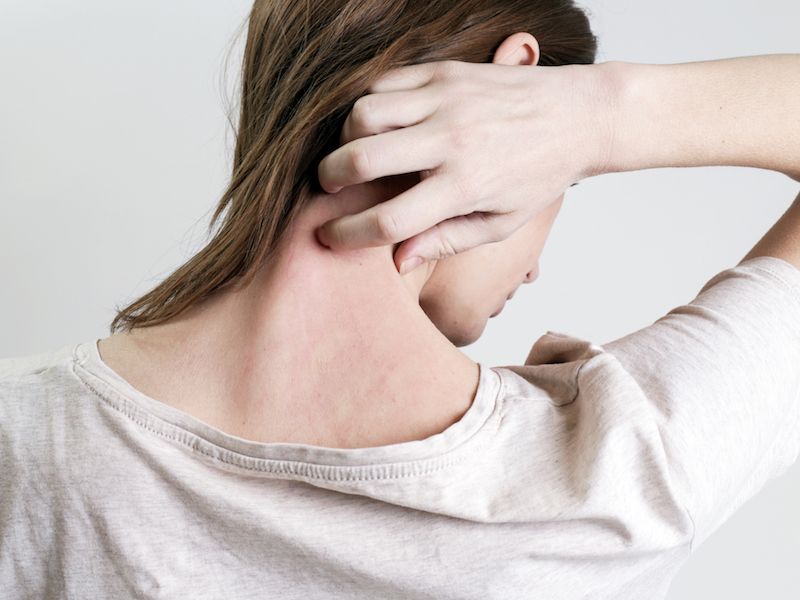
When you think of psoriasis, you likely think about all those commercials showing people with skin problems. Psoriasis impacts your general health and not just your skin. Psoriasis is frequently misunderstood and minimized, due to a lack of knowledge of how psoriasis impacts sufferers as well as the serious conditions that can be related to this disorder. Although plaques on the skin are its most visible indicator, they’re indicative of what psoriasis can cause throughout the body: The risk of metabolic problems that are increased by chronic inflammation and cardiovascular disease.
A new study strengthens the body of research linking another serious issue to psoriasis: Hearing loss. Published in The Journal of Rheumatology, this study evaluated connections between psoriatic arthritis, mental health, and hearing impairment. Psoriatic arthritis has an influence on the joints, and is a form of psoriasis, causing inflammation, soreness, and difficulty moving. Sufferers might also suffer from psoriasis, but with psoriatic arthritis, it’s possible to have swelling without also experiencing the common plaques.
In the same way as with rheumatoid arthritis (and similar to psoriasis), psoriatic arthritis is an autoimmune illness, the sufferer’s body is basically attacking its own healthy tissue. But unlike rheumatoid arthritis, you could have psoriatic arthritis on only one knee due to the fact that it’s asymmetrical, and it doesn’t only impact joints but results in painfully swollen fingers and toes while it targets sufferer’s nails and eyes.
Based on the findings of this recent study, hearing might also be affected by psoriatic arthritis. A large control group of people with neither psoriasis or psoriatic arthritis were contrasted against people who had one or the other problem. They discovered that hearing loss was more likely to be reported by the group that suffered from psoriasis, and audiometric testing supported the self-reports. Even when controlling for other risk factors, psoriatic arthritis sufferers were significantly more likely to have hearing loss than either {the control group or psoriasis sufferers}.
But that’s not to say there’s no link between psoriasis, psoriatic arthritis and hearing loss. A 2015 study found that people who have been diagnosed with psoriasis are at a substantially higher danger of getting sudden sensorineural hearing loss, generally known as sudden deafness. The ability to hear diminishes significantly over three days or less with sudden sensoroneural hearing loss. There are various likely causes for this, but scientists believe that sudden psoriasis flare-ups could be responsible. The hearing could be impaired if this occurs around or in the cochlea. In some cases, treatments that decrease psoriasis symptoms could be used to address this type of hearing loss, but hearing aids are often recommended when sudden deafness doesn’t react to other treatments.
It’s important to keep track of your hearing if you have psoriasis or psoriatic arthritis.
Schedule regular hearing exams along with your yearly health-care appointments. Disease related to inflammation can lead to inner ear damage, which can result in psoriasis and loss of balance. psoriatic arthritis and psoriasis are both also connected with depression and anxiety, both of which can be additionally exacerbated by loss of hearing. Other health problems, like dementia, can be the outcome if you don’t detect loss of hearing sooner than later.
Awareness is key, and cooperating with your doctors and periodically getting your hearing evaluated can help you keep ahead of symptoms with timely intervention. You shouldn’t need to compromise your standard of living for psoriasis or for hearing loss, and having the correct team on your side can make a big difference.